In December of 2014 I contributed a post here on the Tuber producing plant Yacon (Smallanthus sonchifolius). The plant is traditionally grown in the central Andes mountains of South America from Columbia to Northern Argentina. That post is linked here: http://www.narrowpassagepermaculture.com/experimenting-with-yacon/
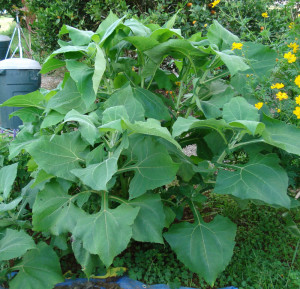
Yacon Plant
Our first year of growing Yacon was successful and I can say that, overall, the plant is not difficult to grow. That said–it does seem to be somewhat sensitive to heat and needs to have water during periods of hot and dry weather. The leaves are very unusual to see in the garden as it is unlike anything normally grown in most US gardens. The above ground leafy green material creates a large amount of biomass that can be chopped as mulch.
We waited until the plant was dead in late fall and harvested in early November. The tubers were harvested with a flat blade pitch fork. Then tubers were carefully broken away from the rhizomes that are attached above the tubers and which produce the foliage. I separated the rhizomes and potted most of them to be stored in a dark corner of the basement to plant again in the spring, thus expanding the total number of plants. Some of the tubers were replanted to see if they would “winter over” the way Jerusalem Artichokes do (see article on Sunchokes here): http://www.narrowpassagepermaculture.com/permaculture-plant-favorites-sunchokes/
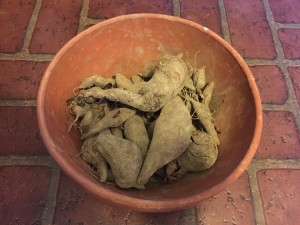
Recently dug Yacon
We used the tubers that were harvested in a variety of ways to research how they might best become part of the homestead food production. As described in Part 1 the plant has its sugar from Fructooligosaccharides which taste sweet, but pass through the human digestive tract without being metabolized, hence have very little caloric value–an advantage to those with diabetes or individuals trying to lose weight. Additionally, these FOS plants have a prebiotic effect, meaning they are used by beneficial bacteria that enhance colon health and aid digestion.
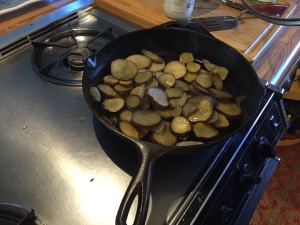
Fried Yacon
One way we tried the Yacon was fried in coconut oil like you would potatoes. It tasted a bit sweeter than potatoes but was pretty close otherwise. We also chopped the tubers raw and tossed it in a salad, which gave the salad a pleasant added crunch
Finally, we took some of the smaller tubers and cut them to use in a fermentation experiment utilizing Fermentation caps with air locks. Order here:
As Yacon is intrinsically prebiotic, to utilize the added advantage of fermentation seemed obvious. The results were great…think of firm pickled pears with the additional sauerkraut flavoring.
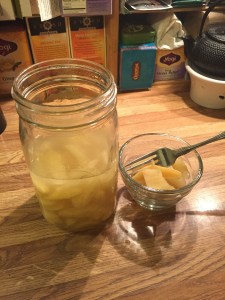
Pickled Yacon
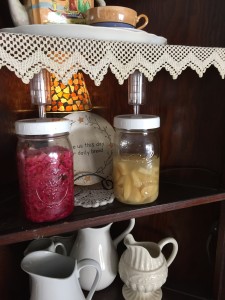
Yacon and sauerkraut working on the shelf
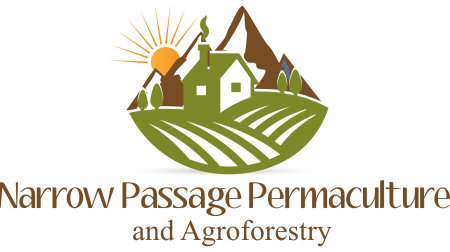

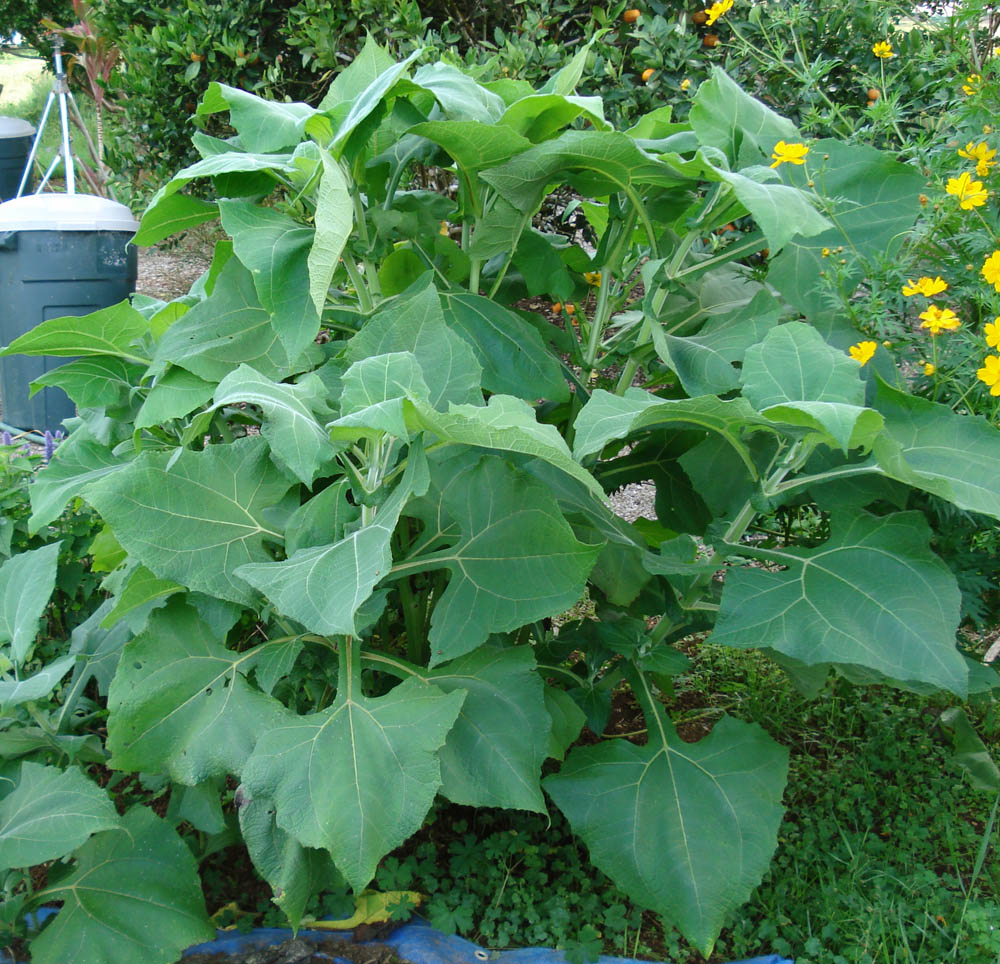

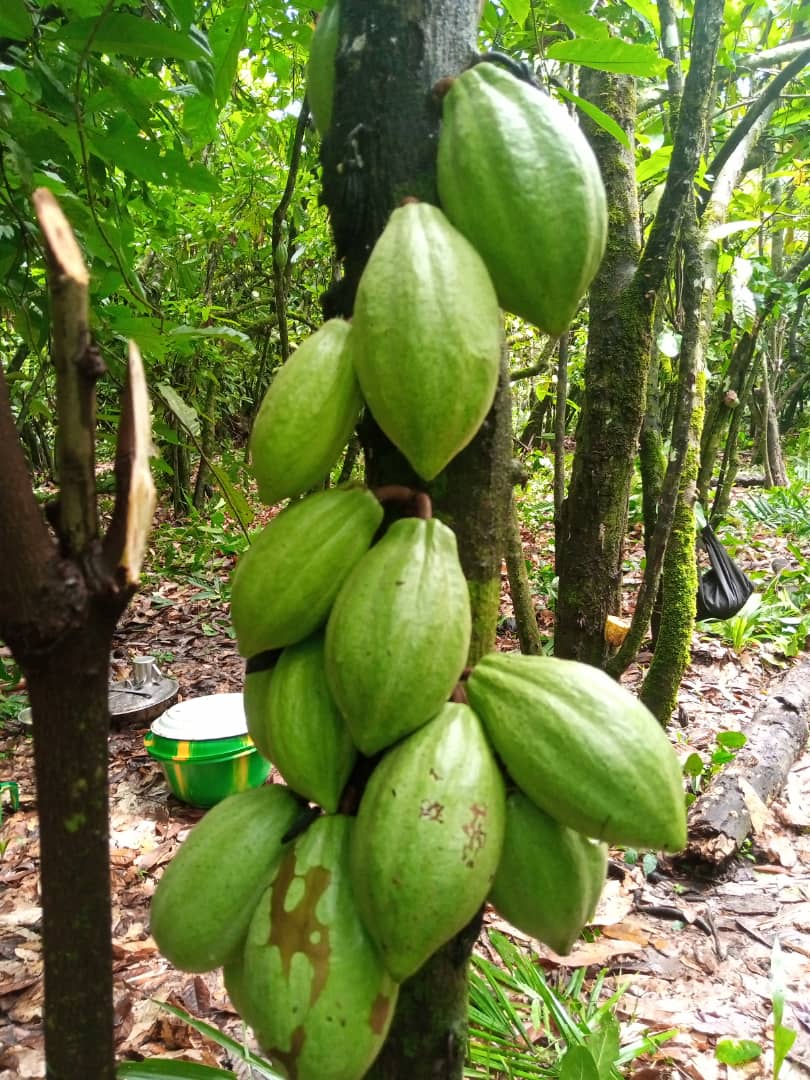
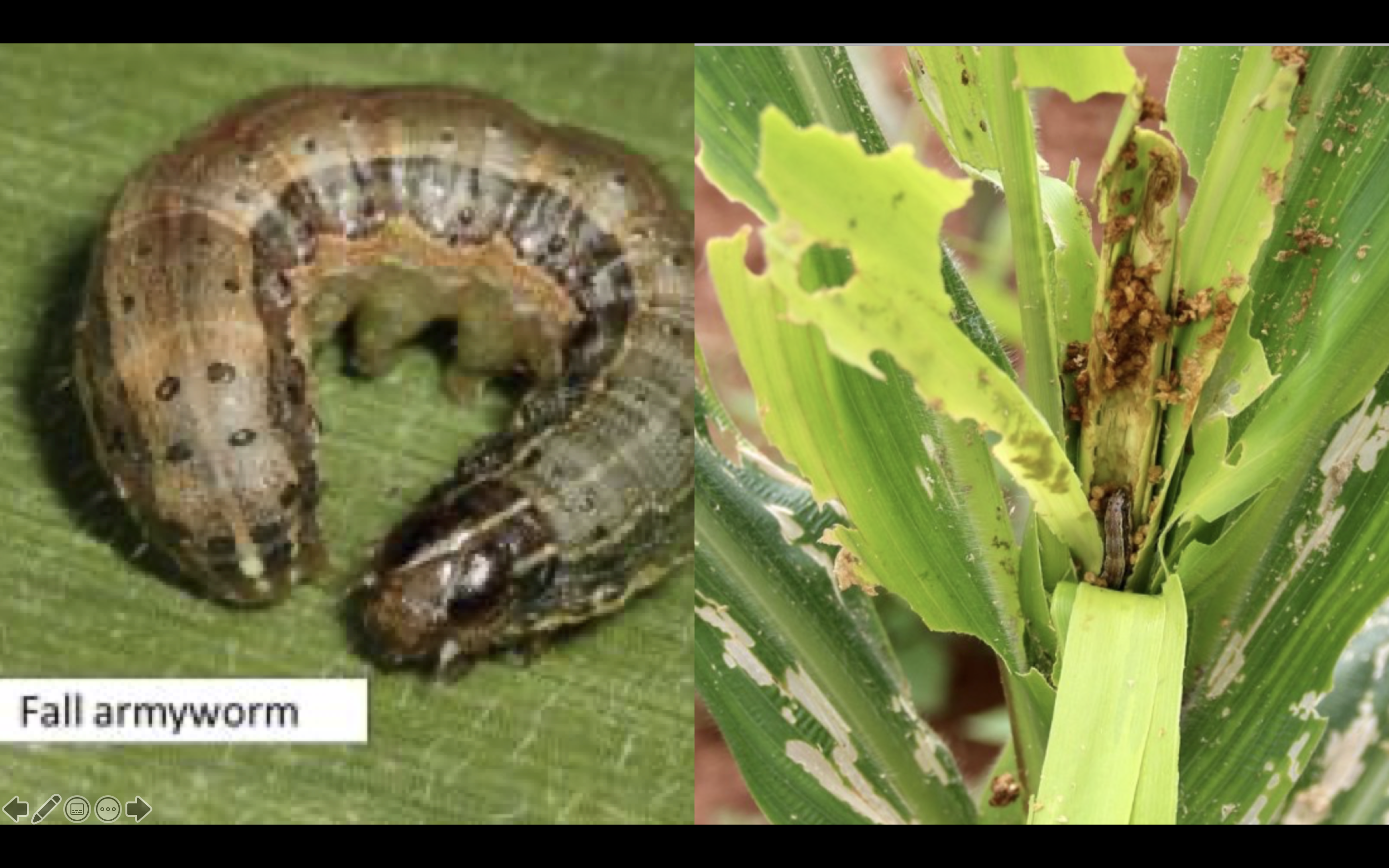
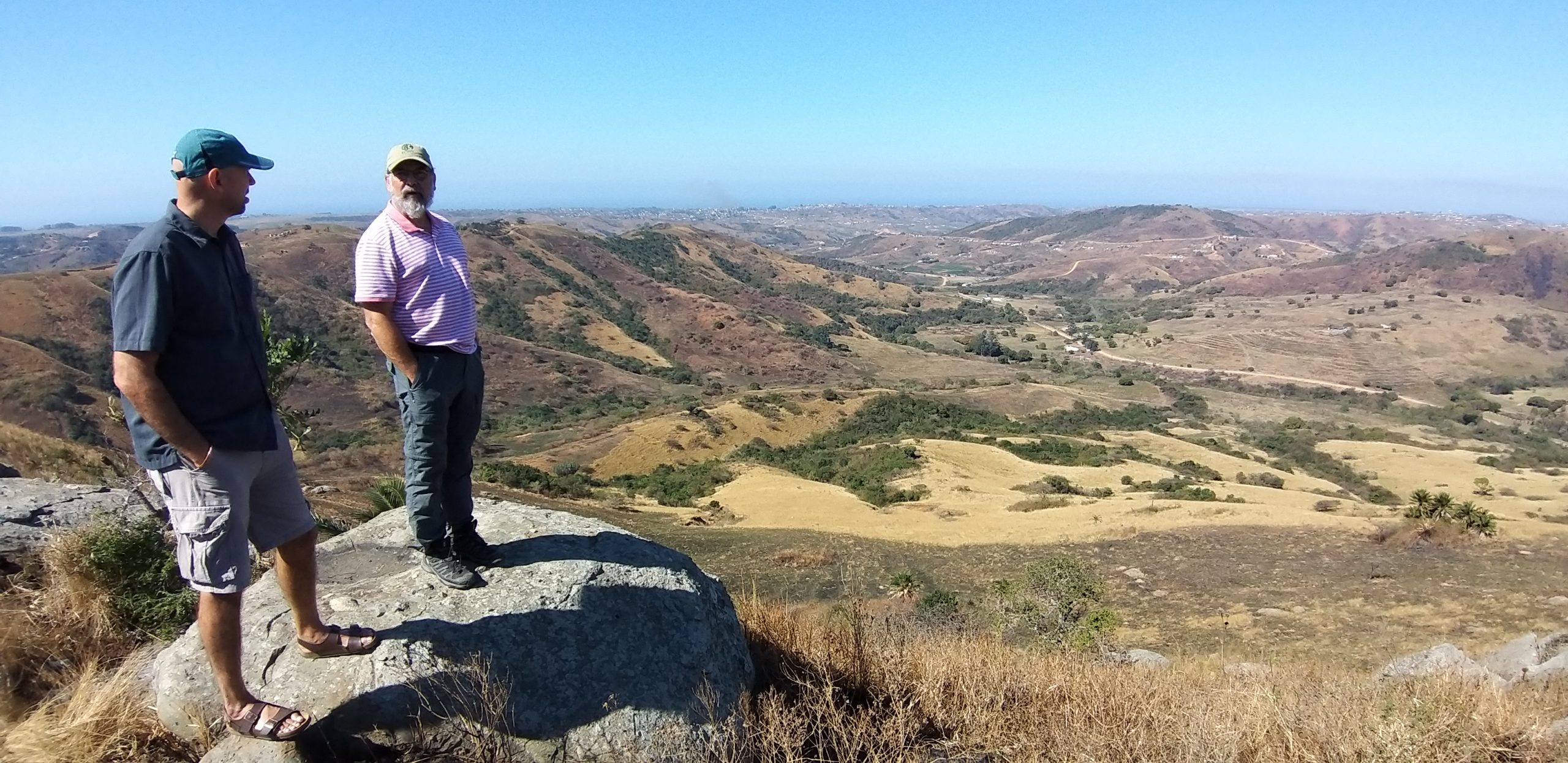
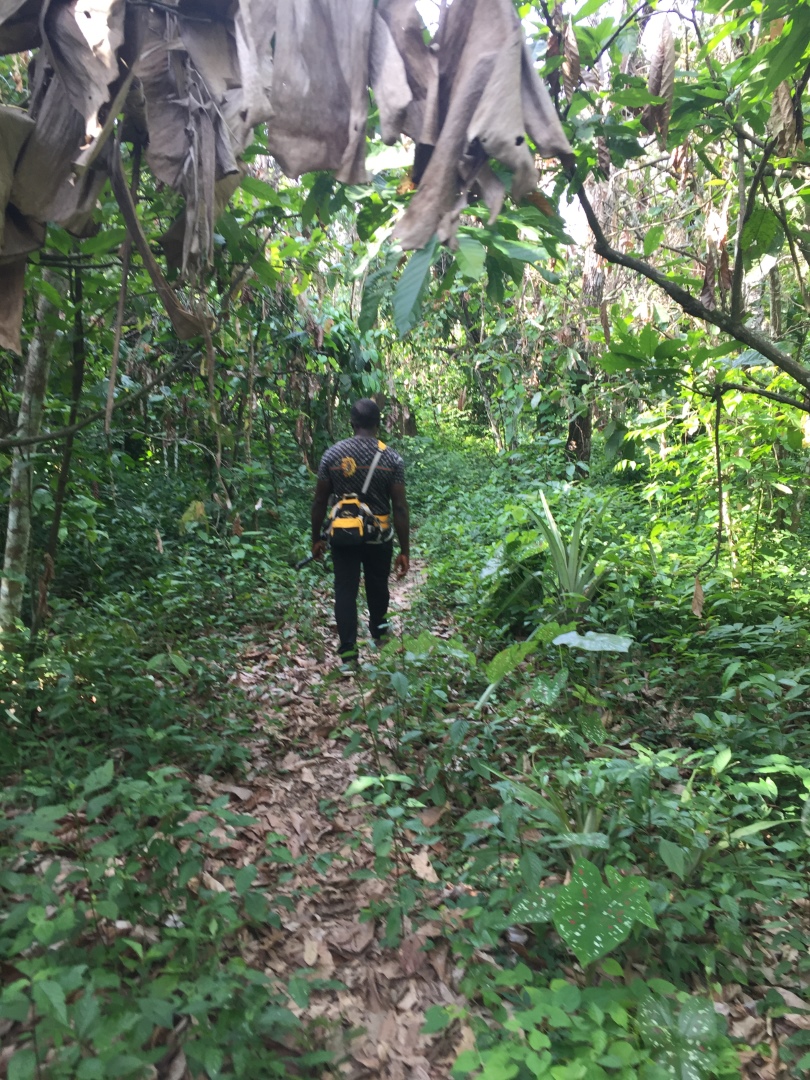
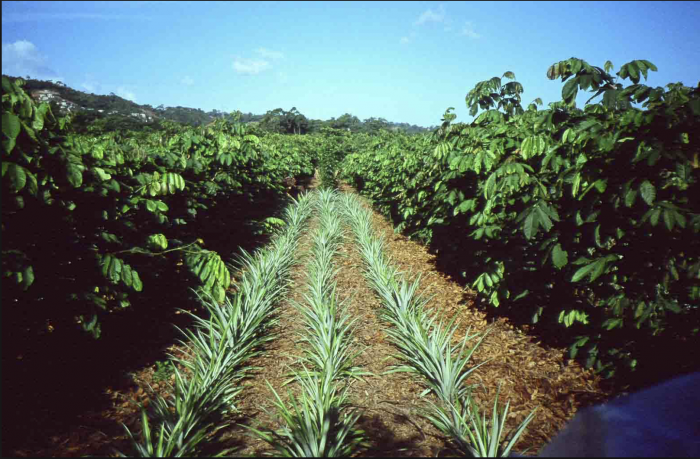
Leave A Comment
You must be logged in to post a comment.